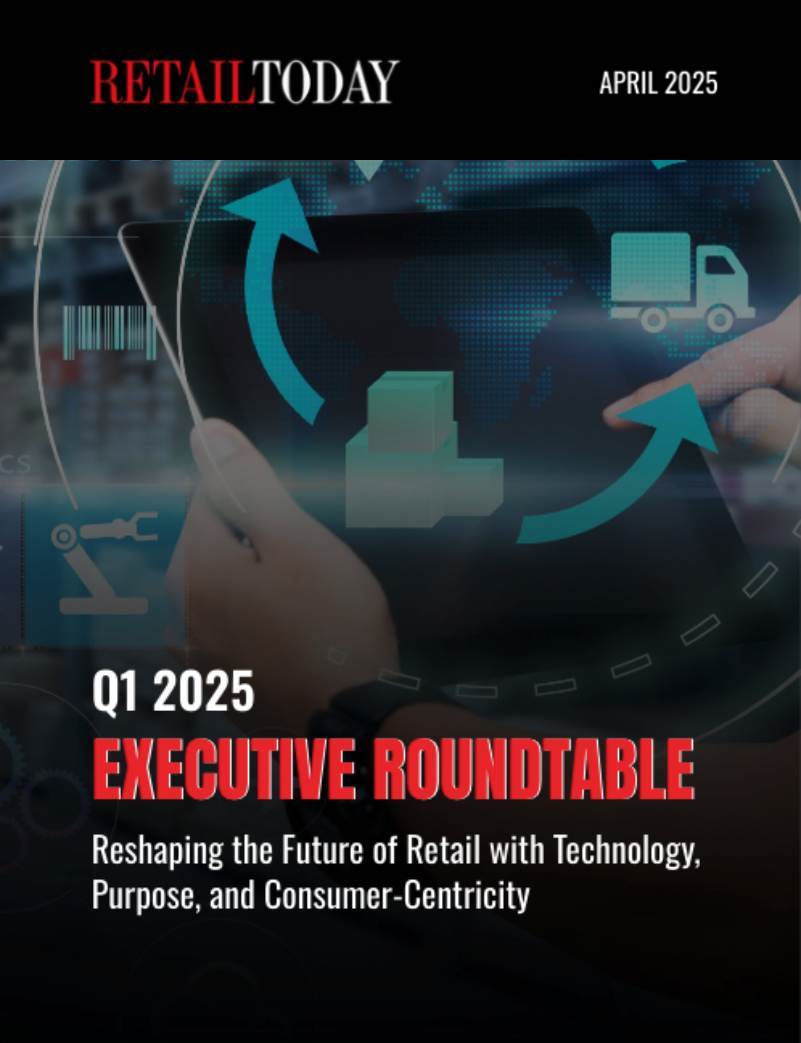
The consumer experience has changed modern commerce. It’s no longer about passive consumption— today’s consumers are empowered, informed, and deeply engaged, demanding more than just products or services. They seek out genuine interactions and holistic experiences that resonate with their values and aspirations. This evolution has reshaped the traditional ‘buyer and seller’ dynamic and is giving way to a more nuanced dialogue— a dance of expectations where both partners seek authenticity, security, and value.
Brands, in their attempts to adapt, still wrestle with the challenges and promises of technology. While it offers many avenues for customization and engagement, there’s a risk of coming off as impersonal or transactional. Striking a balance is where the challenge lies, and it’s here that email address intelligence thrives, offering a future where technology and human touch converge to elevate the consumer experience.
The Current State of the Consumer Experience
The Forter Trust Premium Report 2023 spotlights a stark reality: for the next generations, trust isn’t a luxury—it’s a necessity. If there’s one overarching truth for retailers to internalize, it’s that the foundation of modern consumerism is constructed on the basis of trust.
This trust, however, appears to be wavering. A staggering 76% of respondents revealed that they have had a negative shopping experience within the past quarter. Such a high figure should sound an alarm for retailers as a time to address and change their approach to the current customer experience.
So why is this figure so high? For Millennials and Gen Z, the issue appears to be twofold—they’re up to four times more likely to face false declines at the checkout and are ten times more susceptible to data breaches compared to their predecessors, Gen X and Baby Boomers. It’s a frustrating pill to swallow for these young shoppers who are eager to spend and would willingly invest more in trusted retail establishments.
Furthermore, an important aspect of this trust is derived from the checkout experience. Many consumers enjoy the online shopping journey—browsing items, comparing options, and imagining the utility or joy a product might bring. However—already burdened by high inflation and an unstable economic situation—when it’s time to make the purchase, any friction at all can result in lost sales. Over 75% of consumers have expressed that an imperfect checkout experience is enough reason to abandon a cart.
Redefining the Consumer Experience
Considering these findings, how can retailers restore the eroding trust and solidify their relationships with consumers? The answer: email address intelligence. With its multifaceted advantages, email address intelligence not only addresses contemporary challenges but also lays the foundation necessary to build long term relationships.
Here’s how:
1. Hyper Personalization: Beyond the Basics
As highlighted by Cegid, 2023 is witnessing an accelerated push towards hyper personalization, propelled by advancements in AI and increasing consumer demand for personalized experiences. It’s no longer about fitting consumers into broad categories but is instead about understanding their unique journeys and recognizing consumers as people with changing preferences and behaviors. With email address intelligence, retailers can gather insights from past behaviors, purchase histories, and preferences. The resultant communication, then, isn’t mass manufactured; it feels like a personalized note, curated to fit each recipient’s profile, strengthening the consumer-brand bond.
2. Enhanced Security Measures: The Balance
The alarming vulnerability of Millennials and Gen Z to security threats underscores the need for robust protective measures. Email address intelligence tools, such as those offered by data providers like AtData, provide a holistic solution. By verifying the genuineness of email addresses in real-time, they strike a perfect balance—shielding businesses from potential fraudsters while ensuring legitimate buyers experience seamless transactions, free from unjustified declines.
3. Communication: Elevating the Checkout Experience
A consumer’s journey isn’t complete upon selecting an item—it concludes when they successfully check out. Through analyzing users’ past behaviors, email address intelligence tailors the checkout process, sending reminders for abandoned carts, offering real-time support during checkout confusions, enhancing security via email verifications, and optimizing the overall user experience. Post-purchase, it guides tailored communications for enhanced satisfaction and solicits feedback at opportune times to continually refine the checkout process for future purchases.
4. Feedback Mechanism: Constructive Conversations
Feedback is how businesses learn to evolve, adapt, and adjust to consumers’ changing needs. However, generic feedback forms often garner lackluster responses. Email address intelligence enables personalized feedback solicitations. Whether it’s the tone of the request, the questions posed, or the timing of the email, everything can be optimized to elicit more detailed, constructive feedback. Such insights pave the way for iterative enhancements in the shopping experience, ensuring retailers are continually aligning with consumer expectations.
5. Building Long-term Relationships: Beyond Transactions
In the era of fleeting brand loyalties, establishing deep-rooted relationships is the key to sustained success. Gladly’s insights resonate with this, emphasizing the importance of genuine connections. Email address intelligence is not just about understanding purchasing habits, but about grasping the nuances that define each customer’s journey and paves the way for genuine relationship-building. Whether it’s through sharing articles tailored to a customer’s interests, rolling out loyalty rewards that add genuine value, or offering deals that cater to past preferences, each email sent is a step towards transforming a one-time shopper into a lifelong brand advocate.
Conclusion
For retailers and ecommerce to thrive, the mantra is clear: dig deep, not wide. The consumer experience is changing, and 2023 has posed a considerable challenge for retailers, with trust being at the forefront of the consumer-retailer relationship. As trust takes center stage, the initiative for retailers and ecommerce is clear: innovate and adapt so every interaction reinforces a commitment to the consumer.
With tools like email address intelligence, there’s a promising horizon ahead. Using advanced email analytics and communication strategies, retailers can not only correct existing issues but also craft a shopping experience that’s memorable, secure, and deeply personal. As we move forward, it’s evident that the marriage of technology and genuine human connection will define the standard for the consumer experience, with brands that master this dance leading the way.
Learn more about AtData’s email address intelligence.






